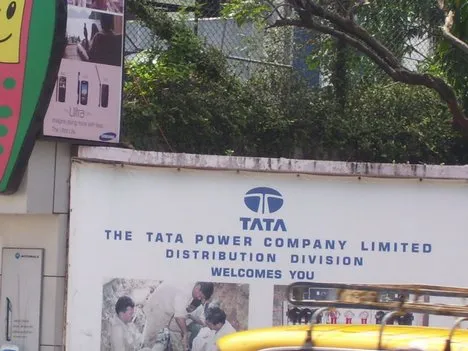
Tata chalks out energy efficiency program
Tata Power has initiated “5 POINT” program under “Demand Side Management” for energy conservation. It is also in the process of recommending two additional programs for MERC approval in the coming days.
Tata Power strongly believes that each category of consumers have a unique power consumption pattern and if these patterns are studied in detail and interventions initiated accordingly, they will throw up several opportunities to save energy. The Tata Power DSM programs have been planned with the objective of helping consumers save energy without compromising on their comfort. These DSM programs have been based on extensive load research, understanding the consumer load curve, time of use, ownership of electrical goods, load profile and affordability of energy efficient products.
“At Tata Power, we strongly believe that Demand Side Management is essential to help our consumers be energy efficient. Our efforts are bearing the desired results and with MERC endorsing our DSM initiatives, it’s sure to drive effective usage of energy with Mumbai consumers and help reduce carbon foot print too. As always, we remain committed to bringing value-adding programs that will benefit Mumbai consumers,” said Mr. S. Padmanabhan, Executive Director of Tata Power.
In order to understand the consumption patterns, Tata Power has carried out an ‘Energy Audit’ under the guidance of professional energy auditors accredited by the Bureau of Energy Efficiency . Select consumers have been identified and recommendations for energy saving initiatives have been provided to garner the optimum benefits from these audit results. These audits cost only 25 per cent of the total cost to the consumers.
The Company has launched a pilot program wherein energy efficient tube lights and 5-Star ceiling fans are being supplied to its residential customers in Mumbai. Under this program, Tata Power is facilitating an interesting offer of 50,000 FTLs with electronic ballast at 35 to 40% discount to its end consumers, under the DSM budget. Moreover, this pilot project has received a shot in the arm with the approval of Maharashtra Electricity Regulatory Commission (MERC) to implement the same in Mumbai. Consumers are expected to save 30% energy with the usage of these energy efficient equipments.
One more interesting finding that came to light from the energy audit was, the usage of old window Air Conditioners by Industrial Galas in Mumbai which have an average usage of more than 12 hrs a day. These machines not only consume more power but also lack in delivering the desired output. In order to solve this problem of energy wastage, Tata Power has launched a promotional offer, wherein, energy efficient Air Conditioners are provided at a rebate of up to 30 per cent to its industrial consumers. Through this initiative, consumers are expected to save 25 per cent energy.
Being the financial capital of the country, Mumbai houses a large base of Central Air Conditioners at its commercial establishments. These Central Air Conditioners contribute to more than 40 percent of the peak load consumption. To counter this issue, Tata Power will soon launch a program called ‘Thermal Storage’ system. Under this innovative storage process, the system rearranges itself at night, when tariff is lower and energy is available, and stores energy in the form of ice in the steel tanks, which can be used in the daytime, without running the Air Conditioners.
Apart from facilitating usage of latest technology and solutions for energy conservation and efficiency; Tata Power endeavours to create awareness through knowledge sharing campaigns, consumer meets, workshops and seminars for different consumer categories.


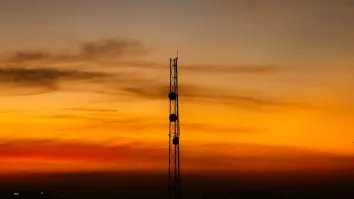
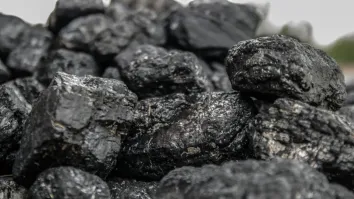
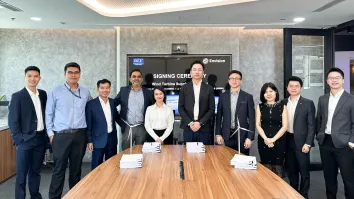
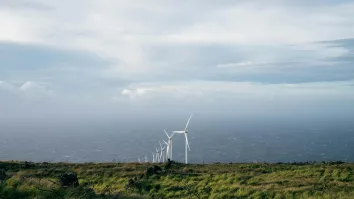













 Advertise
Advertise





